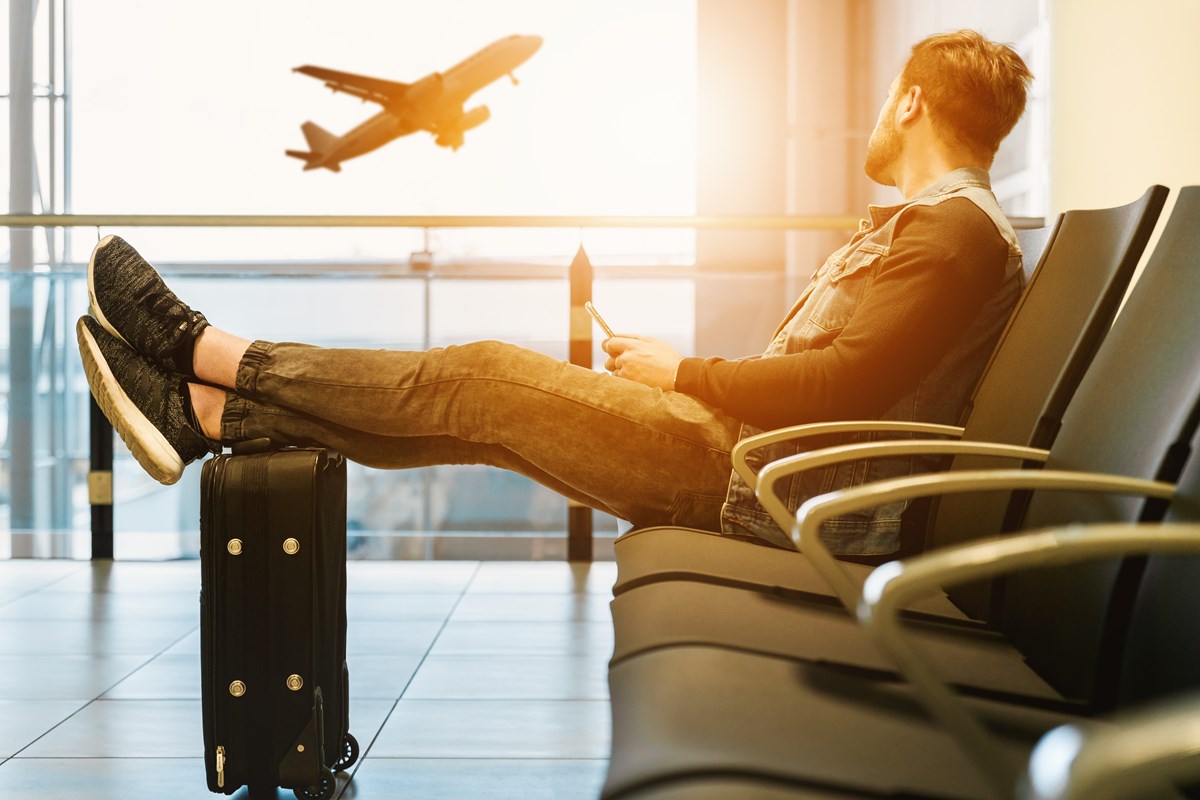Be it credit card fees or extra fees on airlines, politicians are trying to crack down on extra charges in the name of protecting the consumer. In reality, they do quite the opposite.
The European Union Banned Credit Card Fees
Since January of this year, credit card fees have been outlawed through a directive by the European Union. Well, that at least is what it said in the newspapers, when in fact the real story is a bit more complicated. The European Union made it illegal for retailers to charge extra when customers purchase with a credit or debit card while doing nothing to stop banks from charging a fee to the retailers. Until this directive, retailers were simply passing bank fees on to the consumer, but are now stuck with the bills. Good news for the consumer? Not quite.
Nobody wins from this apart from the banks who charge the fees.
On the other hand, those making purchases online (like airplane tickets), will notice that companies are still charging a general administration fee, which they are allowed to do as long as it is not directly associated with the mode of payment. This can then encompass the credit and debit card fees that companies have to pay to banks, but the slight twist is that now everyone will be charged the fee, regardless of how they chose to make their payment. It is either this option or generally including the fees in higher prices for goods and services. Those who previously tried to avoid the fee by using payment services associated with the company, or those who paid in cash in the store, will now generally be charged more.
And yet, even those who always paid by credit card should not be too hasty in believing that they will be better off on each purchase. If this directive generalizes the cost for each payment, then credit cards are likely to become the preferred option as they offer more purchase protection. Increased use of credit cards would then also lead to generally higher prices and more generalized distribution of costs. So, in essence, nobody wins from this apart from the banks who charge the fees.
The FAIR Fees Act Commits the Same Mistake
The new FAA reauthorization bill in America includes a provision by Sens. Ed Markey, (D-Mass) and Richard Blumenthal, (D-Conn), that would effectively turn the entire business of air travel upside down. The so-called FAIR (Forbid Airlines from Imposing Ridiculous Fees Act) Fees Act targets any fee for a change or cancellation of a reservation for a flight in interstate air transportation, any fee relating to checked baggage to be transported on a flight in interstate air transportation; and any other fee imposed by an air carrier relating to a flight in interstate air travel.
You could think of air travel fees this way: they aren't fees, they are opt-outs.
Once again, this legislation appears to have a noble goal on the surface: no additional fees, so cheaper flights! Wrong again.
You could think of air travel fees this way: they aren't fees, they are opt-outs. When you fly on a short-distance flight in order to visit a friend for the weekend, you might choose that you only need a carry-on, no wifi, and no meal or drinks on the flight. Instead of charging you for commodities you didn't ask for in the first place, you'll be exempt from all of them. In fact, fast check-ins or lounges are also services for which airlines and airports charge you a fee, and yet you'd never object to paying for an extra service like this, would you? The reason the two senators could pick up support with such a bill is some people will believe that it would lower their transportation costs when, in fact, it is likely to do the exact opposite.
As usual, it seems to be that the name of the bill is almost the opposite of what it contains. Banning airlines from charging any type of extra fee will lead the companies to re-incorporate all the charges into the average ticket price. Baggage allowances, Wi-Fi, or food and drinks will be available to those passengers who wouldn't have used them anyway but will now be required to pay for them.
Adding to that: if all fares are fully refundable, airlines will see many last minute cancellations by passengers and we will see many empty seats on planes. Being unable to get a good estimate of how many passengers are actually going to fly (and pay) will lead airlines to increase the average ticket price to cover the inevitable losses.
Consider this: airfares have halved since 1978. This trend has made air travel affordable and therefore accessible to many low-income consumers who never had access to flights before. Uniquely, two senators have now found a way to revert this tremendous success.
Fees Are a Good Thing
Those who were able to afford every extra-service in the first place will now benefit even more from spreading extra costs among all consumers.
Even to those aware of the consequences of banning fees, the word in itself doesn't sound good. We notice this in our everyday life: paying $3 for Wi-Fi anywhere would be considered an offense, but once generalized in the price of the goods and services, we don't seem to mind. We have to realize that every opt-out offered to us is actually a choice to consume or not consume, and that makes us freer and wiser in determining what we actually want and need.
Ultimately, those who were always able to afford every extra-service in the first place—such as the bureaucrats and politicians who make these laws—will now benefit even more from spreading extra costs among all consumers.
The EU's directive wants to "protect" consumers, the FAIR Fees Act claims to be fair. Once again, it seems to be proven that when a piece of legislation has a certain descriptive name, the opposite is usually the case.

